Posted on May 25th, 2010 by ASEE
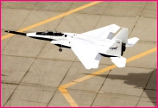 NASA’s Virtual Skies website provides an engaging yet informal way to present aviation topics to high school and academically advanced middle school students. The Aeronautics, Navigation, Weather, Air Traffic Management, Communications, Airport Design modules involve students in decision-making and collaborative skills using principles of algebra, geometry and calculus. Each section includes on-line activities complemented by downloadable print materials that can be used in the classroom to supplement the geography, mathematics, and science concepts.
NASA’s Virtual Skies website provides an engaging yet informal way to present aviation topics to high school and academically advanced middle school students. The Aeronautics, Navigation, Weather, Air Traffic Management, Communications, Airport Design modules involve students in decision-making and collaborative skills using principles of algebra, geometry and calculus. Each section includes on-line activities complemented by downloadable print materials that can be used in the classroom to supplement the geography, mathematics, and science concepts.
Read More
Filed under: Web Resources | Comments Off on Website: NASA’s Virtual Skies
Tags: Aeronautics, Aviation, Grades 6-8, Grades 9-12, Lesson Plans, NASA
Posted on May 24th, 2010 by ASEE
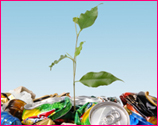 Student teams use the engineering design process to create a useful product of their choice out of recyclable items and “trash.” The class is given a “landfill” of reusable items and allowed a limited amount of bonding materials. The activity addresses the importance of reuse and encourages students to look at ways they can reuse items they would normally throw away. Students are further prompted to consider the problems with growing landfills, and efforts by engineers and others to reduce pollution, emissions, and trash production.
Student teams use the engineering design process to create a useful product of their choice out of recyclable items and “trash.” The class is given a “landfill” of reusable items and allowed a limited amount of bonding materials. The activity addresses the importance of reuse and encourages students to look at ways they can reuse items they would normally throw away. Students are further prompted to consider the problems with growing landfills, and efforts by engineers and others to reduce pollution, emissions, and trash production.
Read More
Filed under: Grades 6-8, Lesson Plans | 1 Comment »
Tags: Engineering Design Process, Environmental Engineering, Environmental science, Grades 6-8, Recycling, Trash
Posted on April 4th, 2010 by Jaimie Schock
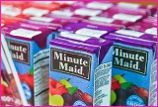 Food processing requires a lot of engineering, from developing farm equipment to the automated baking and mixing machines used in prepared desserts. One of the most inventive stages comes toward the end, when the food is packaged. Johannah Frueh, a science teacher at Orange Charter School in Hillsborough, North Carolina, has incorporated the engineering behind designing and making food packaging into her seventh and eighth grade elective lab classes.
Food processing requires a lot of engineering, from developing farm equipment to the automated baking and mixing machines used in prepared desserts. One of the most inventive stages comes toward the end, when the food is packaged. Johannah Frueh, a science teacher at Orange Charter School in Hillsborough, North Carolina, has incorporated the engineering behind designing and making food packaging into her seventh and eighth grade elective lab classes.
Read More
Filed under: Special Features | 2 Comments »
Tags: Curriculum, Engineering Design Process, Food Industry, Grades 6-8, Manufacturing Engineering, Materials Engineering
Posted on March 29th, 2010 by ASEE
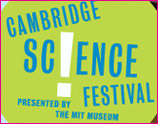 The Cambridge Science Festival is a celebration showcasing Cambridge, Mass., is a multifaceted, multicultural event that makes science accessible, interactive and fun, highlighting the impact of STEM in all our lives.
The Cambridge Science Festival is a celebration showcasing Cambridge, Mass., is a multifaceted, multicultural event that makes science accessible, interactive and fun, highlighting the impact of STEM in all our lives.
Read More
Filed under: Grades 6-8, Grades 9-12, Grades K-5, K-12 Outreach Programs, Web Resources | Comments Off on Event: Cambridge Science Fest, April 24-May 2
Tags: After School, Events, Grades 6-8, Grades 9-12, Grades K-5, Programs for Families, Programs for Teachers, Workshops
Posted on March 22nd, 2010 by Jaimie Schock
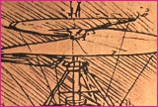 Across three or more class periods, students in grades 4-8 combine their own ideas with the elements of machines to imagine and design inventions to solve specific challenges. Using a variety of materials, they can create small working models of their inventions to test and improve them.
Across three or more class periods, students in grades 4-8 combine their own ideas with the elements of machines to imagine and design inventions to solve specific challenges. Using a variety of materials, they can create small working models of their inventions to test and improve them.
Read More
Filed under: Class Activities, Grades 6-8, Grades K-5 | Comments Off on Activity: Be Inventive!
Tags: Class Activities, Da Vinci, Grades 4 and 5, Grades 6-8
Posted on March 15th, 2010 by ASEE
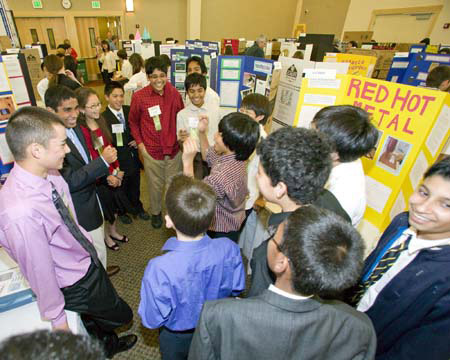
Make plans to join hundreds of students, their families, and scientists and engineers at the upcoming the Tri-Valley Science and Engineering Fair (TVSEF), in Livermore, California, March 30 — April 2, 2010.
Read More
Filed under: For Teachers, Grades 6-8, Grades 9-12, K-12 Outreach Programs | Comments Off on Engineering Fair: Livermore Nat’l Lab. March 30-April 2
Tags: Competitions for Students, Grades 6-8, Grades 9-12, Science and Engineering Fair
Posted on March 15th, 2010 by ASEE
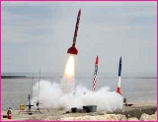 The Great Lakes Spaceport Education Foundation, Inc.’s Rockets for Schools program allows students to experience the excitement of building-high power rockets, coordinating a rocket launch and working hands-on with industry professionals. This program is open to students of varied socio-economic backgrounds in grades 6-12 from a five state area in the Midwest. Rockets for Schools 2010 is scheduled for Friday, May 7th and Saturday, May 8th in Sheboygan, Wisconsin.
The Great Lakes Spaceport Education Foundation, Inc.’s Rockets for Schools program allows students to experience the excitement of building-high power rockets, coordinating a rocket launch and working hands-on with industry professionals. This program is open to students of varied socio-economic backgrounds in grades 6-12 from a five state area in the Midwest. Rockets for Schools 2010 is scheduled for Friday, May 7th and Saturday, May 8th in Sheboygan, Wisconsin.
Read More
Filed under: K-12 Outreach Programs, Web Resources | Comments Off on Web Resources: Rockets for Schools
Tags: Aerodynamics, Aeronautics, Aerospace, Events, Grades 6-8, Grades 9-12, NASA, Programs for Students, Space, Web Resources
Posted on March 15th, 2010 by ASEE
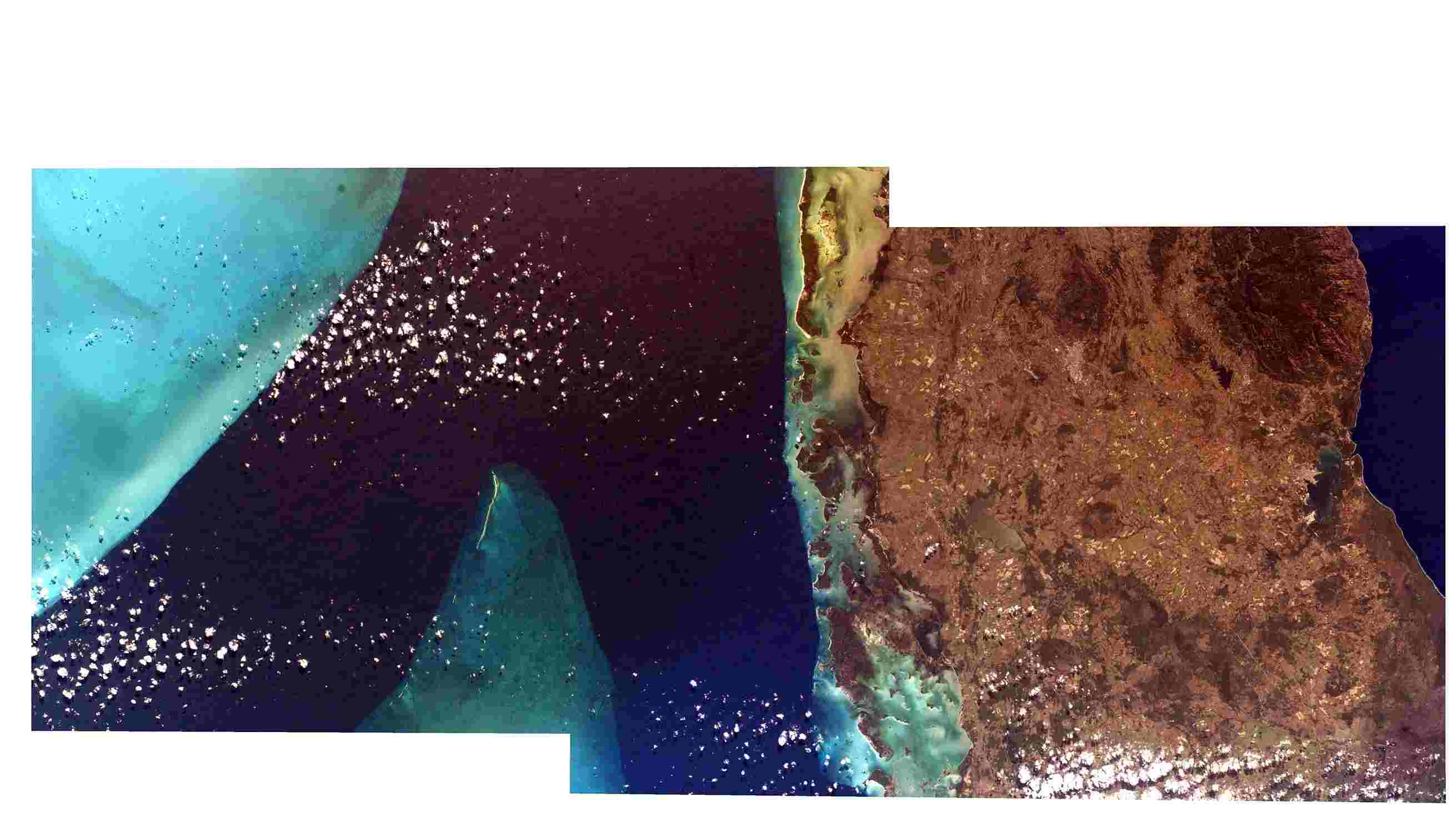
NASA’s EarthKAM helps students learn about the Earth from the unique perspective of space. Through this interactive program, middle school students take part in photographing the Earth from a digital camera onboard the International Space Station. Educators are encouraged to register now for the upcoming April EarthKAM Mission.
Read More
Filed under: Grades 6-8, K-12 Outreach Programs | Comments Off on Website: Students Photograph Earth from Space
Tags: Aerospace, Grades 6-8, International Space Station, Satellite imagery
Posted on March 15th, 2010 by ASEE
 NASA eClips™ are short educational video segments meant to inspire and engage students, helping them see real world connections. New video segments are produced weekly exploring current applications of science, technology, engineering and mathematics, or STEM, topics. The programs are produced for targeted audiences: K-5, 6-8, 9-12 and the general public.
NASA eClips™ are short educational video segments meant to inspire and engage students, helping them see real world connections. New video segments are produced weekly exploring current applications of science, technology, engineering and mathematics, or STEM, topics. The programs are produced for targeted audiences: K-5, 6-8, 9-12 and the general public.
Read More
Filed under: Web Resources | Comments Off on Videos: NASA eClips
Tags: Aerospace, Grades 6-8, Grades 9-12, Grades K-5, NASA, Videos
 NASA’s Virtual Skies website provides an engaging yet informal way to present aviation topics to high school and academically advanced middle school students. The Aeronautics, Navigation, Weather, Air Traffic Management, Communications, Airport Design modules involve students in decision-making and collaborative skills using principles of algebra, geometry and calculus. Each section includes on-line activities complemented by downloadable print materials that can be used in the classroom to supplement the geography, mathematics, and science concepts.
NASA’s Virtual Skies website provides an engaging yet informal way to present aviation topics to high school and academically advanced middle school students. The Aeronautics, Navigation, Weather, Air Traffic Management, Communications, Airport Design modules involve students in decision-making and collaborative skills using principles of algebra, geometry and calculus. Each section includes on-line activities complemented by downloadable print materials that can be used in the classroom to supplement the geography, mathematics, and science concepts.








 Student teams use the engineering design process to create a useful product of their choice out of recyclable items and “trash.” The class is given a “landfill” of reusable items and allowed a limited amount of bonding materials. The activity addresses the importance of reuse and encourages students to look at ways they can reuse items they would normally throw away. Students are further prompted to consider the problems with growing landfills, and efforts by engineers and others to reduce pollution, emissions, and trash production.
Student teams use the engineering design process to create a useful product of their choice out of recyclable items and “trash.” The class is given a “landfill” of reusable items and allowed a limited amount of bonding materials. The activity addresses the importance of reuse and encourages students to look at ways they can reuse items they would normally throw away. Students are further prompted to consider the problems with growing landfills, and efforts by engineers and others to reduce pollution, emissions, and trash production. Food processing requires a lot of engineering, from developing farm equipment to the automated baking and mixing machines used in prepared desserts. One of the most inventive stages comes toward the end, when the food is packaged. Johannah Frueh, a science teacher at Orange Charter School in Hillsborough, North Carolina, has incorporated the engineering behind designing and making food packaging into her seventh and eighth grade elective lab classes.
Food processing requires a lot of engineering, from developing farm equipment to the automated baking and mixing machines used in prepared desserts. One of the most inventive stages comes toward the end, when the food is packaged. Johannah Frueh, a science teacher at Orange Charter School in Hillsborough, North Carolina, has incorporated the engineering behind designing and making food packaging into her seventh and eighth grade elective lab classes. The Cambridge Science Festival is a celebration showcasing Cambridge, Mass., is a multifaceted, multicultural event that makes science accessible, interactive and fun, highlighting the impact of STEM in all our lives.
The Cambridge Science Festival is a celebration showcasing Cambridge, Mass., is a multifaceted, multicultural event that makes science accessible, interactive and fun, highlighting the impact of STEM in all our lives. Across three or more class periods, students in grades 4-8 combine their own ideas with the elements of machines to imagine and design inventions to solve specific challenges. Using a variety of materials, they can create small working models of their inventions to test and improve them.
Across three or more class periods, students in grades 4-8 combine their own ideas with the elements of machines to imagine and design inventions to solve specific challenges. Using a variety of materials, they can create small working models of their inventions to test and improve them.
 The Great Lakes Spaceport Education Foundation, Inc.’s
The Great Lakes Spaceport Education Foundation, Inc.’s 
